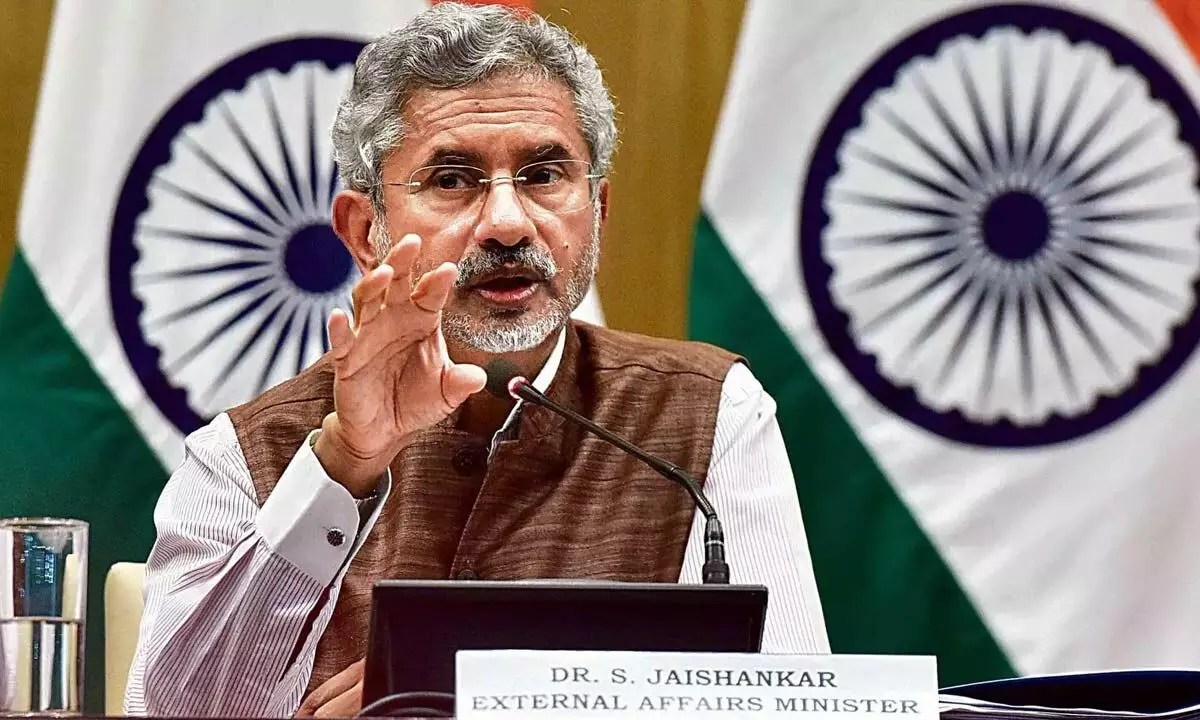Jaishankar Defends India's Foreign Policy, Advocates For Strategic Intelligence And Diverse Alliances

- External Affairs Minister S Jaishankar asserts that India's adoption of multiple alliances in its foreign policy is a sign of strategic intelligence.
- Addressing questions about the country's shift from non-alignment, Jaishankar emphasizes the complexity of international relations, stating that good partners offer choices, and smart partners make informed decisions based on those choices.
External Affairs Minister S Jaishankar, in response to questions about India's foreign policy, emphasized that the country's decision to maintain multiple options should not be subject to criticism. During an interactive session at a security conference in Munich, Jaishankar addressed concerns about India's foreign policy priorities, particularly the perceived shift from a non-aligned stance to a more aligned approach.
Jaishankar defended India's strategy, asserting that having multiple alliances is a testament to strategic intelligence. When confronted with a specific question about India's continued procurement of crude oil from Russia despite Moscow's invasion of Ukraine, Jaishankar expressed confidence in India's ability to navigate complex geopolitical landscapes.
The minister urged observers to appreciate the complexity of international relations, noting that countries face various pulls and pressures based on their unique histories and challenges. He emphasized the difficulty of maintaining a unidimensional relationship, stating that it is essential not to view India's actions as purely transactional. Jaishankar highlighted the importance of shared values and beliefs, even as nations find themselves in different positions regarding development and experiences.
In essence, Jaishankar argued that life on the global stage is complicated and differentiated. He suggested that good partners provide choices, and smart partners make informed decisions based on those choices. The minister's remarks aimed to convey that India's foreign policy decisions are made with careful consideration of the diverse factors influencing international relations.
Beyond addressing questions about India's foreign policy, Jaishankar also touched upon other geopolitical matters, including the October 7 attacks on Israeli cities by Hamas. He characterized the attacks as terrorism while emphasizing Israel's international obligation to observe humanitarian law. Additionally, he reaffirmed India's longstanding position advocating for a "two-state solution" in the Palestine issue.
Regarding the BRICS grouping, Jaishankar noted its inception during a period of strong Western dominance. He highlighted the increasing interest from around 30 countries in joining BRICS last year, interpreting it as a testament to the value the group offers. Jaishankar concluded by making a distinction between being non-Western and anti-Western, characterizing India as a non-Western country with increasingly robust relations with Western nations.















